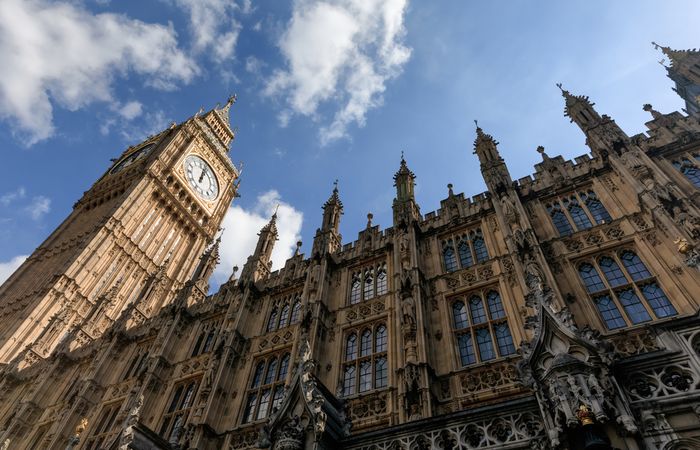 Spring Budget 2023: The government has introduced 30 hours of free childcare for parents with children under the age of three, according to Chancellor of the Exchequer Jeremy Hunt’s statement to the House of Commons today (15 March 2023).
Spring Budget 2023: The government has introduced 30 hours of free childcare for parents with children under the age of three, according to Chancellor of the Exchequer Jeremy Hunt’s statement to the House of Commons today (15 March 2023).
Only applicable to households where parents are working more than 16 hours a week, the provision will be during term time and last 38 weeks of the year, estimated to reduce childcare costs by around 60%.
It will be introduced in stages, with 15 hours of free childcare available from April 2024 to parents with two-year-old children. It will be extended to working parents with children aged nine months and above in September 2024, and to every working parent with a child aged under five in September 2025, allowing parents 30 hours of free childcare so they can return to work as soon as maternity or paternity leave ends.
Hunt said: “Today’s childcare reforms will increase the availability of childcare, reduce costs, and increase the number of parents able to use it…They amount to the most significant improvements to childcare in over a decade.
“But if we really want to remove the barriers to work, we have to go further for parents who have a child under three. For them, childcare remains just too expensive.”
He added: “I don’t want anyone with a child under five to be prevented from working if they want to, because it’s damaging to our economy, and unfair, mainly to women.”
Hannah Copeland, HR business partner at WorkNest, said: “Free childcare hours for young children is a massive positive for working parents and will bring about so much more flexibility and working options for mothers and fathers who are keen to work and raise a family in tandem.
“With parents having the financial support to return to work sooner, this inevitably means more women in the workplace and less pressure on women, especially in senior roles, who don’t want to have gaps in their careers. This can only positively contribute to the retention of skills and the extension of a really positive work-life balance for parents of even younger children.
Monica Kurnatowska, employment partner at Baker McKenzie, added: “All working parents will benefit from these changes, but evidence shows that while, on average, men’s careers are boosted after they have children, motherhood tends to mean reduced prospects and pay.
“Measures to address the prohibitive cost of childcare and help women overcome the motherhood penalty will be welcomed by women and employers alike.”
Dr Zara Nanu, chief executive officer (CEO) of Gapsquare, said: “Free or subsidised day care could make huge impacts across the country: decreasing the gender pay gap, increasing GDP, decreasing issues like hidden work, poverty, and the cost of having children.
“The move by the Chancellor today is a welcome one, not only for working parents struggling with costs, but also for working mothers not wanting to be forced to leave the workforce. But will it be enough?”
Simon Swan, CEO and founder of Hiring Hub, added: “Until now, having a childcare system which effectively forced mainly women out of the workplace after maternity leave was an own goal in the government’s skills policy and plan for economic recovery.
“Today’s announcement, while long overdue, will create a fairer system that supports parents in being able to return to work and will play an important role in battling the ongoing talent shortage.”